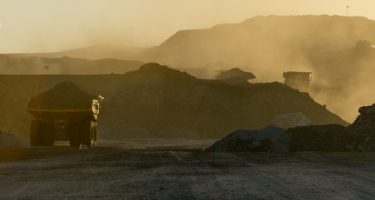Insights from the Courts on Environmental Compliance Approvals
Christine Duchaine
Sodavex Law Firm
2010
- INTRODUCTION
For several centuries until not so long ago, human activities were not subject to any obligation to protect and preserve the environment. In less than forty years, our society has witnessed a proliferation of laws and regulations at all levels of government aimed at regulating most activities. At the top of the list is the requirement to obtain prior approvals for our governments.
As a result, it is not uncommon these days to have to obtain several authorizations from various levels and organizations before an activity can be undertaken. The full range of authorizations can be found there, ranging from discretionary power to discretionary decision-making. Sometimes, obtaining these authorizations is also subject to specific processes and involves public hearings or information sessions.
At present, it is clear that any project that could have an impact on the environment in its broadest sense is scrutinized by federal, provincial and municipal decision-makers, as well as by the public and the media. The company requires that these activities be governed by strict rules inserted in the laws and authorizations issued in order to avoid the excesses of the past.
Suffice it to say that the current outcry surrounding shale gas development in Quebec is convinced of this: the criticisms are mainly related to the secrecy surrounding the exploitation, the apparent improvisation and shortcomings in the applicable standards and the lack of prior authorization. The public and municipalities want to be consulted and informed of the details of various projects, want a legislative framework that will ensure the protection of the environment from a sustainable development perspective, and require that projects be subject to the requirement to obtain authorizations before development is undertaken.
Such goals, while laudable, are not achieved smoothly. The constant adoption of new requirements involves its share of complications, the most frequent of which are difficulties in interpreting the applicable legislation and authorizations issued, as well as problems of alignment between the various laws and regulations, between the various levels of government involved, as well as between the different authorization mechanisms applicable to a project. The question of the application of new requirements to pre-existing activities also often arises.
As such, both the Ministère du Développement durable, de l'Environnement et des Parcs ('the MDDEP'), operators and the general public do not hesitate to use the panoply of legal remedies to refer to the courts questions relating to the validity and interpretation of environmental authorizations and the legislative provisions concerning them.
In this article, which we do not purport to be exhaustive, we wish to examine some recent decisions of our courts to verify whether the previously established principles concerning environmental approvals are maintained or modified and whether new rules have been set out in this regard.
But first, we will begin with a reminder of the principles identified by the decisions of previous years.

























